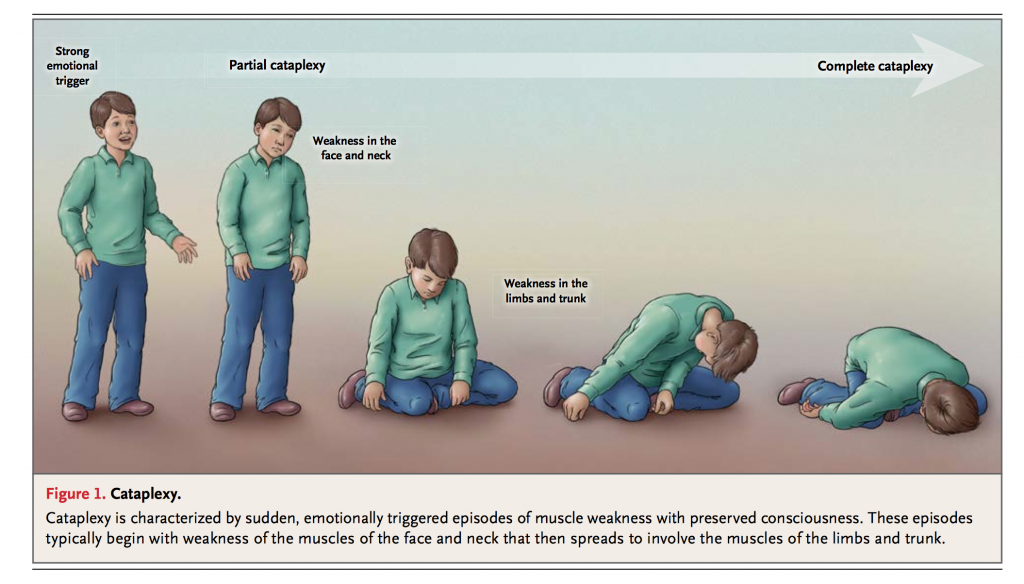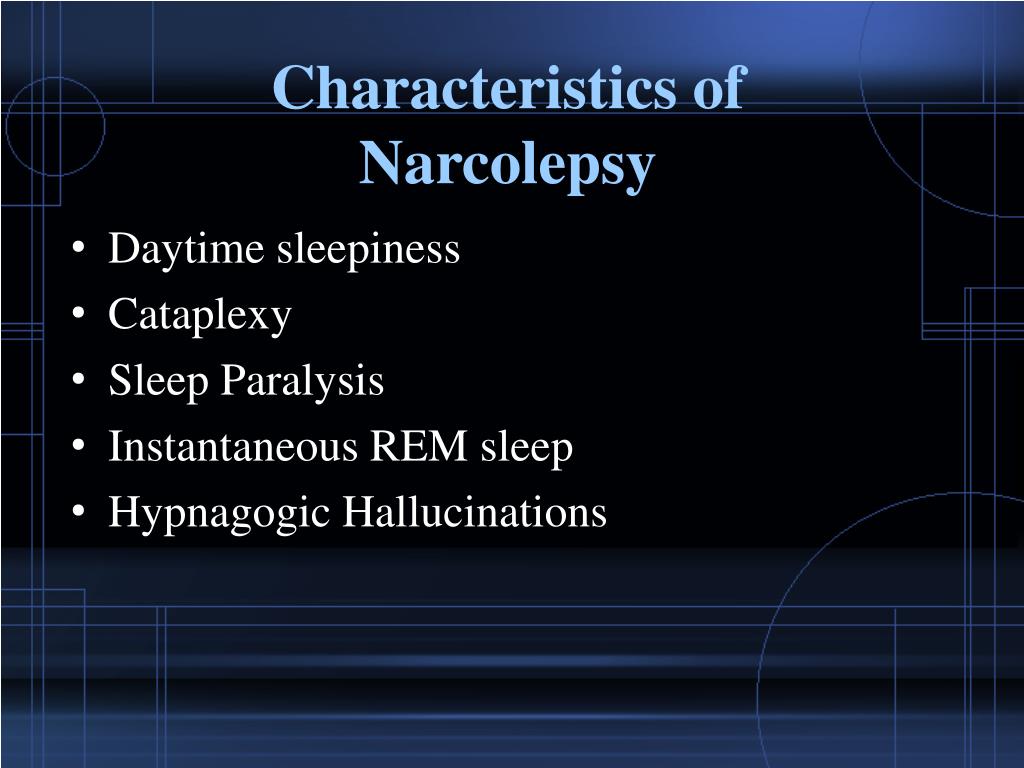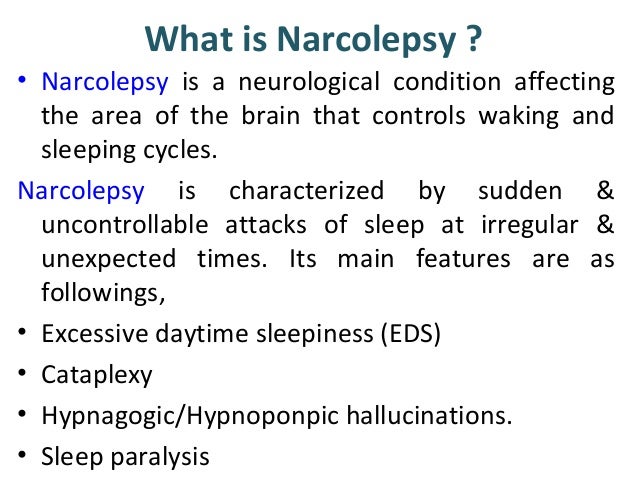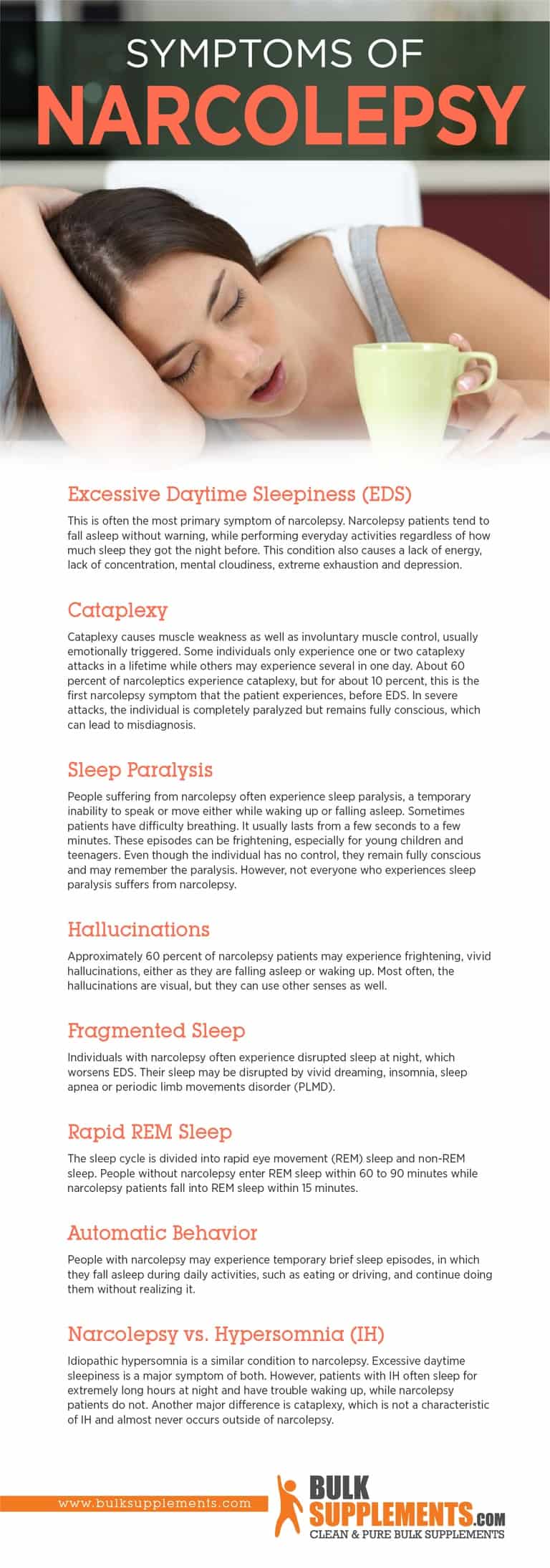


The major difference between these conditions relates to their origin. People who suffer from cataplexy and catatonia can both have trouble with muscle movement or control, and they often have a lack of response to any external stimuli during their episodes. While cataplexy and catatonia can present with similar symptoms, they are two very different conditions. Rarely, other medical conditions including stroke, multiple sclerosis, antidepressant withdrawal, and genetic disorders can also be associated with symptoms of cataplexy. Likewise, not all patients who suffer from cataplexy symptoms are diagnosed with narcolepsy.


Not all people with narcolepsy have cataplexy symptoms. Other symptoms include sleep paralysis, visual hallucinations, and of course, cataplexy.Ĭataplexy is the specific symptom defined by an involuntary loss of muscle control due to an emotional stimulus. There are many symptoms associated with narcolepsy the most common symptom is excessive daytime sleepiness. Narcolepsy is a disorder caused by an inappropriate sleep-wake cycle that causes people to experience excessive sleepiness during the day and disturbed sleep at night. However, these terms are not interchangeable. They are both related to a disturbance in the sleep-wake cycle. Cataplexy and Other Conditions Cataplexy vs NarcolepsyĬataplexy is most often seen in patients who are diagnosed with narcolepsy. Without specific diagnostic criteria for cataplexy, it can be challenging to diagnose patients with this condition.
Cataplexy meaning full#
Others have full body weakness or paralysis that causes them to collapse. Some people experience partial paralysis of their face, causing their eyelids to droop or their mouth to hang open. It is most often related to a positive, strong emotional response such as excitement or laughter, however, it can be associated with other powerful emotions like anger or stress.Ĭataplexy affects people to different degrees. Cataplexy Resources and Support HelplineĬataplexy is a partial or generalized loss of muscle tone or control that is triggered by emotion.What Should I be Looking for in an LMHP?.Look out for These Complications/Risk Factors.Testing: What are the Diagnostic Criteria Per the DSM 5?.Stats: How Many Suffer from this Disorder?.


 0 kommentar(er)
0 kommentar(er)
